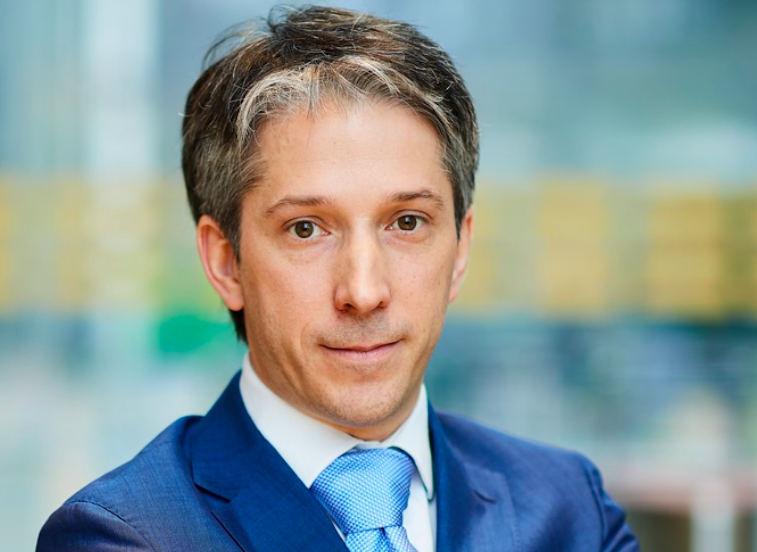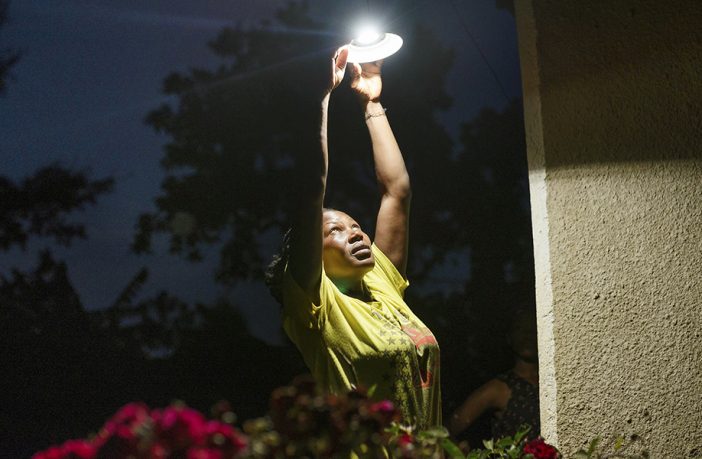- French energy giant, ENGIE, has appointed Gillian-Alexandre Huart as CEO of ENGIE Energy Access, its Access to Energy business in Africa, tasked with providing millions of households and businesses across the continent with clean and affordable energy.

Pic: Mr Gillian-Alexandre Huart, new CEO of ENGIE’s Access to Energy business in Africa. Credit: ENGIE
ENGIE launched its Access to Energy (A2E) strategy back in 2018, in line with the ambition of expanding its African footprint and impacting millions of lives on the continent. The strategy has now evolved into a full-fledged business with the successful integration of solar home system companies, Fenix International and ENGIE Mobisol; and mini-grids provider, ENGIE PowerCorner under one entity and one name – ENGIE Energy Access.
With this integration, ENGIE Energy Access is now one of the leading off-grid, Pay-As-You-Go (PAYGo) solar and mini-grid solutions providers in Africa, serving over one million customers and impacting more than five million lives in nine countries – Uganda, Zambia, Kenya, Tanzania, Rwanda, Nigeria, Benin, Côte d’Ivoire, and Mozambique.
Prior to his appointment as CEO, Gillian-Alexandre Huart, was the Managing Director EMEAI (Europe, Middle East, Africa and India) at ENGIE Impact. He began his career as a consultant with Accenture before joining ENGIE in 2002. Since then, he has held various senior management positions across the Group in Europe, Asia and the Middle East.
In his new role, he will be responsible for driving ENGIE’s ambitious goal of maintaining market leadership and providing long-term impact on the lives of Africans.
“I am honored and motivated to be leading a business with a mission that is key for ENGIE. Over 600 million people in sub-Saharan Africa lack access to electricity and we have an important role to play in addressing this gap. With the integration of the three companies, we are now able to serve our customers according to their specific energy needs – from basic lighting and phone charging, to more advanced systems for households all the way to powering productive use equipment to promote entrepreneurship and boost economic activity in rural communities,” said Huart.
Author: Bryan Groenendaal
Source: ENGIE Africa















